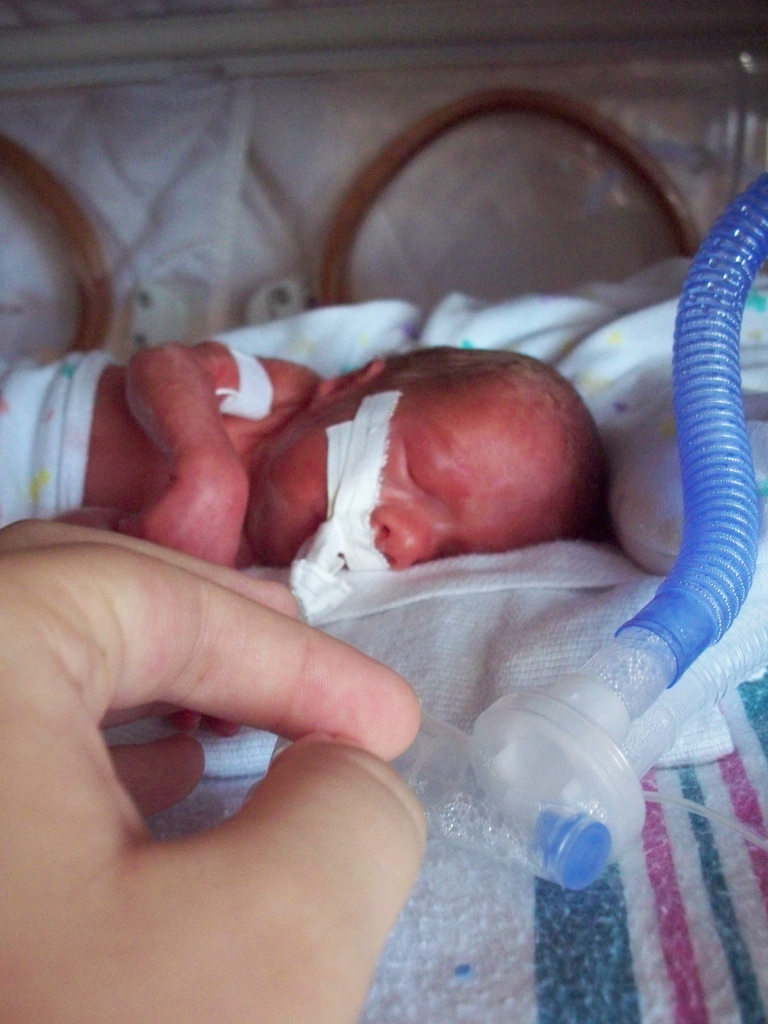What has Facebook (with some psychologists) done?
In my academic and musty corner of the universe, there has been a lot of talk in the past few days about this publication in the prestigious Proceedings of the National Academy of Sciences. Researchers tweaked a Facebook algorithm such that Facebook users would see a higher proportion of posts with negative or positive emotional content in their feed. They wanted to know whether a user seeing a different proportion would influence the emotional content content of that user’s posts in a positive or negative direction. The news: it did (a little bit).
People are less interested in that, however, and more interested in whether the researchers acted unethically. The BBC has a short round-up of some tweets here, and among other things the Guardian quotes Labour MP Jim Sheridan calling for an investigation here. Slate tagged its story on the issue with the headline ‘Facebook’s Unethical Experiment’ – a headline that shifts blame away from researchers and entirely to Facebook. There are many more news stories on this out by now: you get the picture.Read More »What has Facebook (with some psychologists) done?

